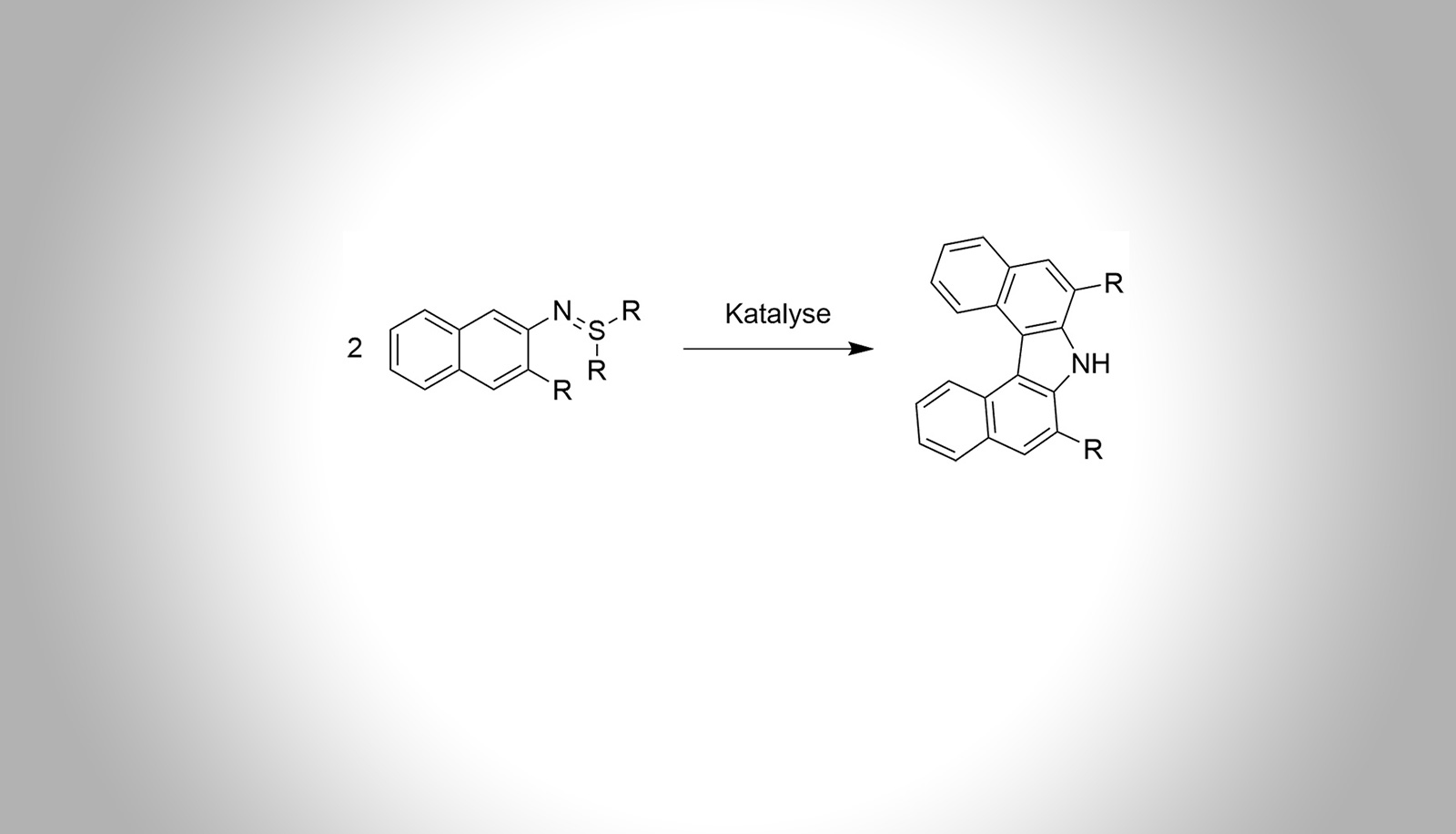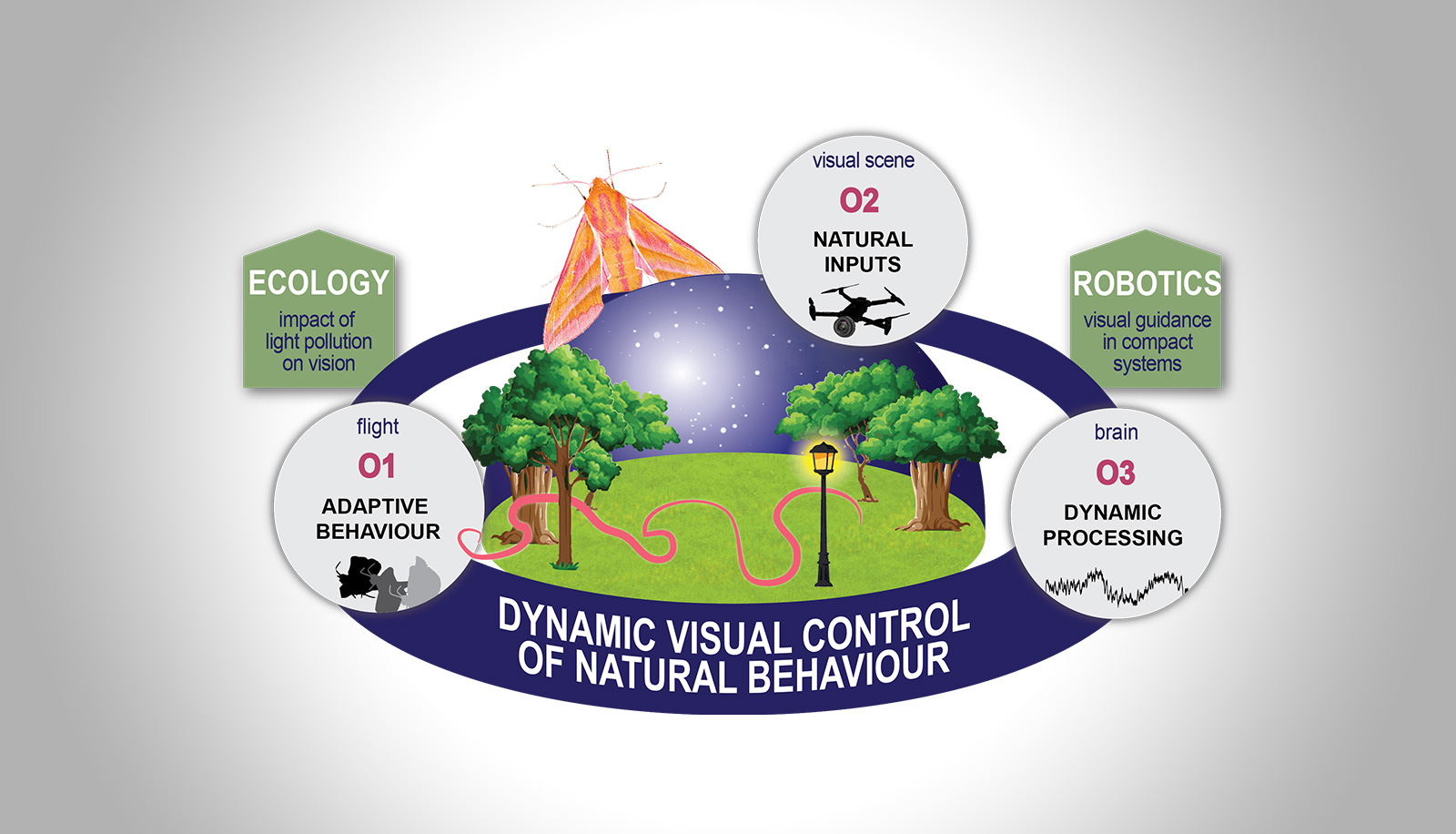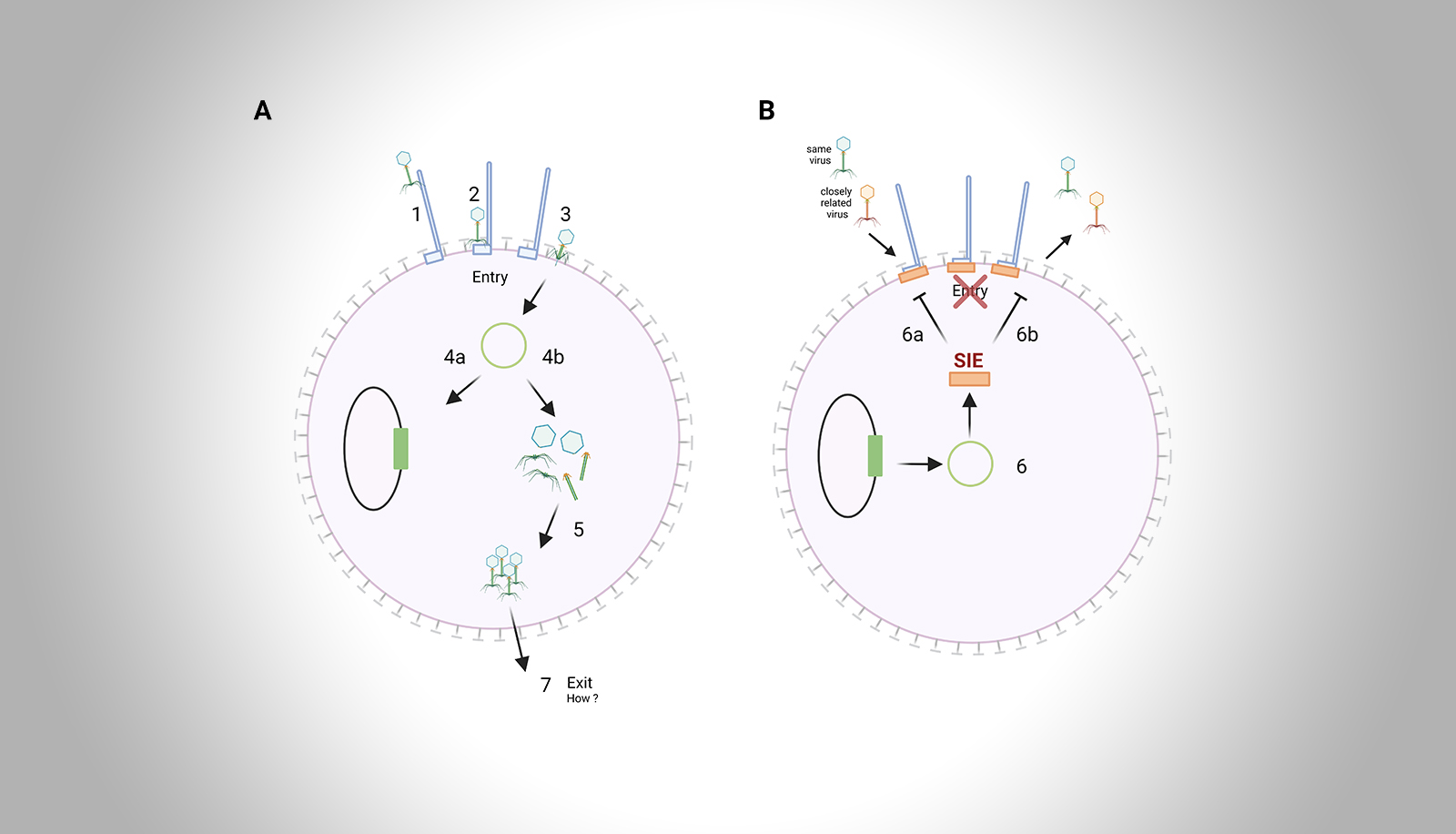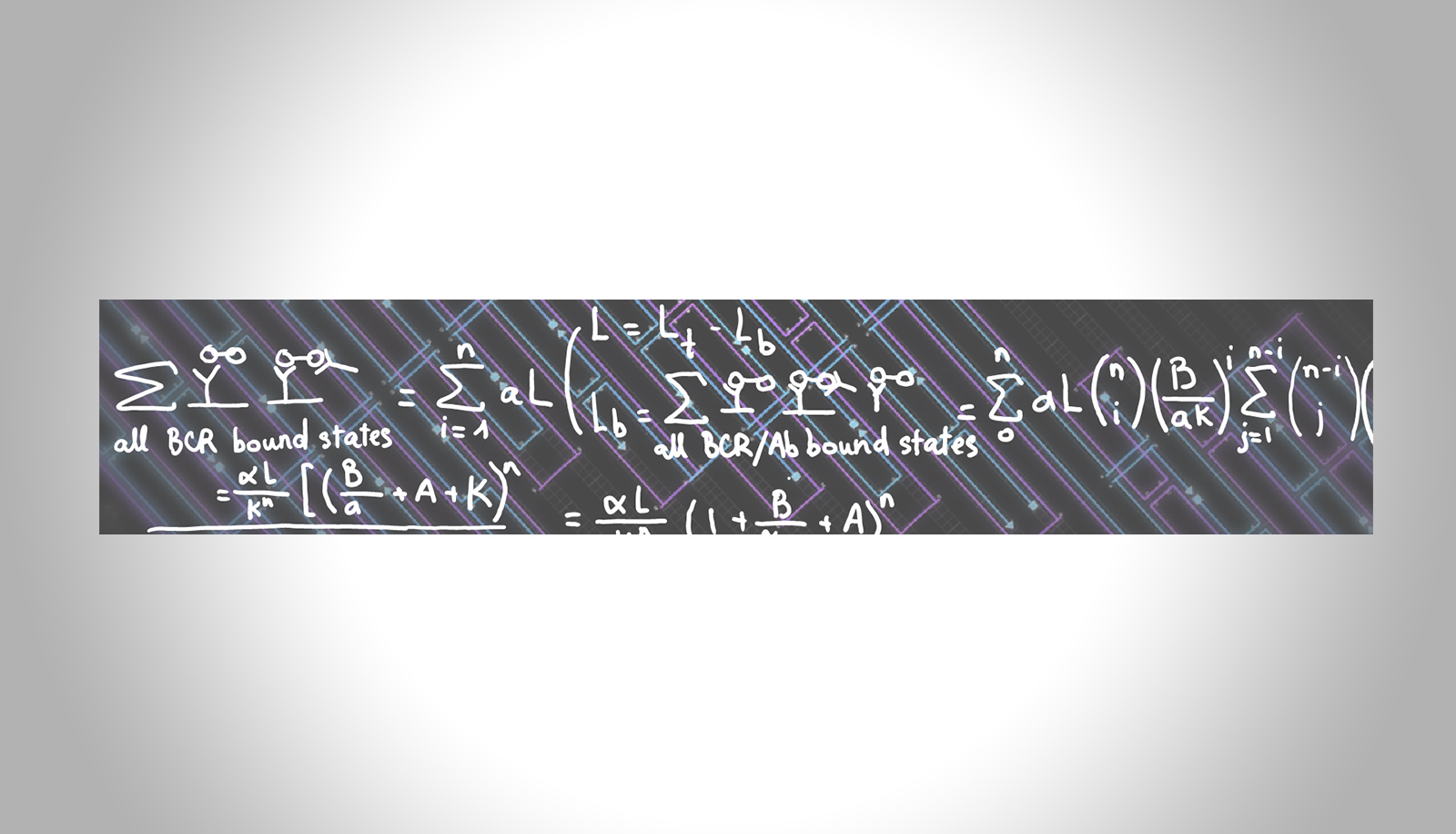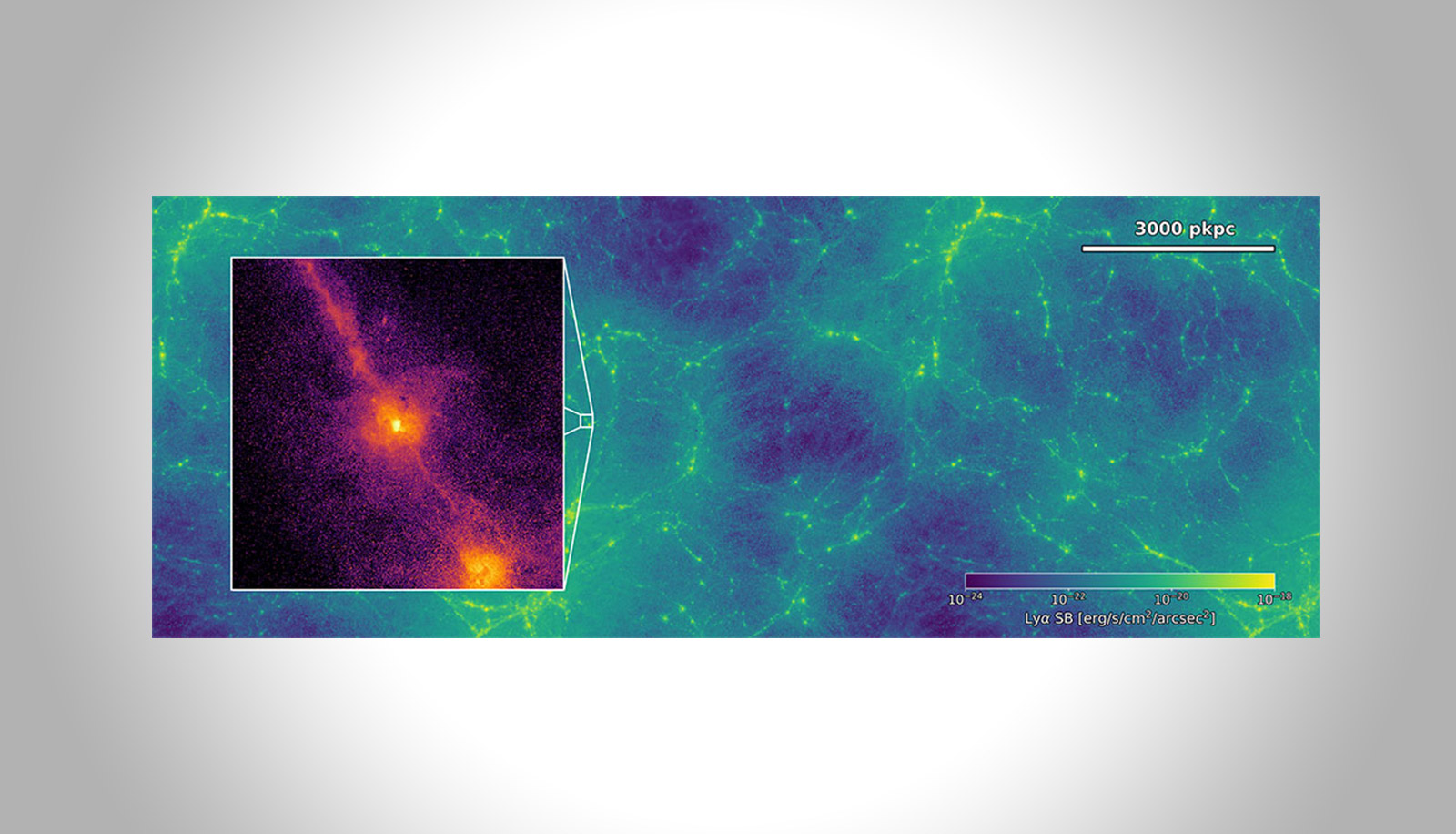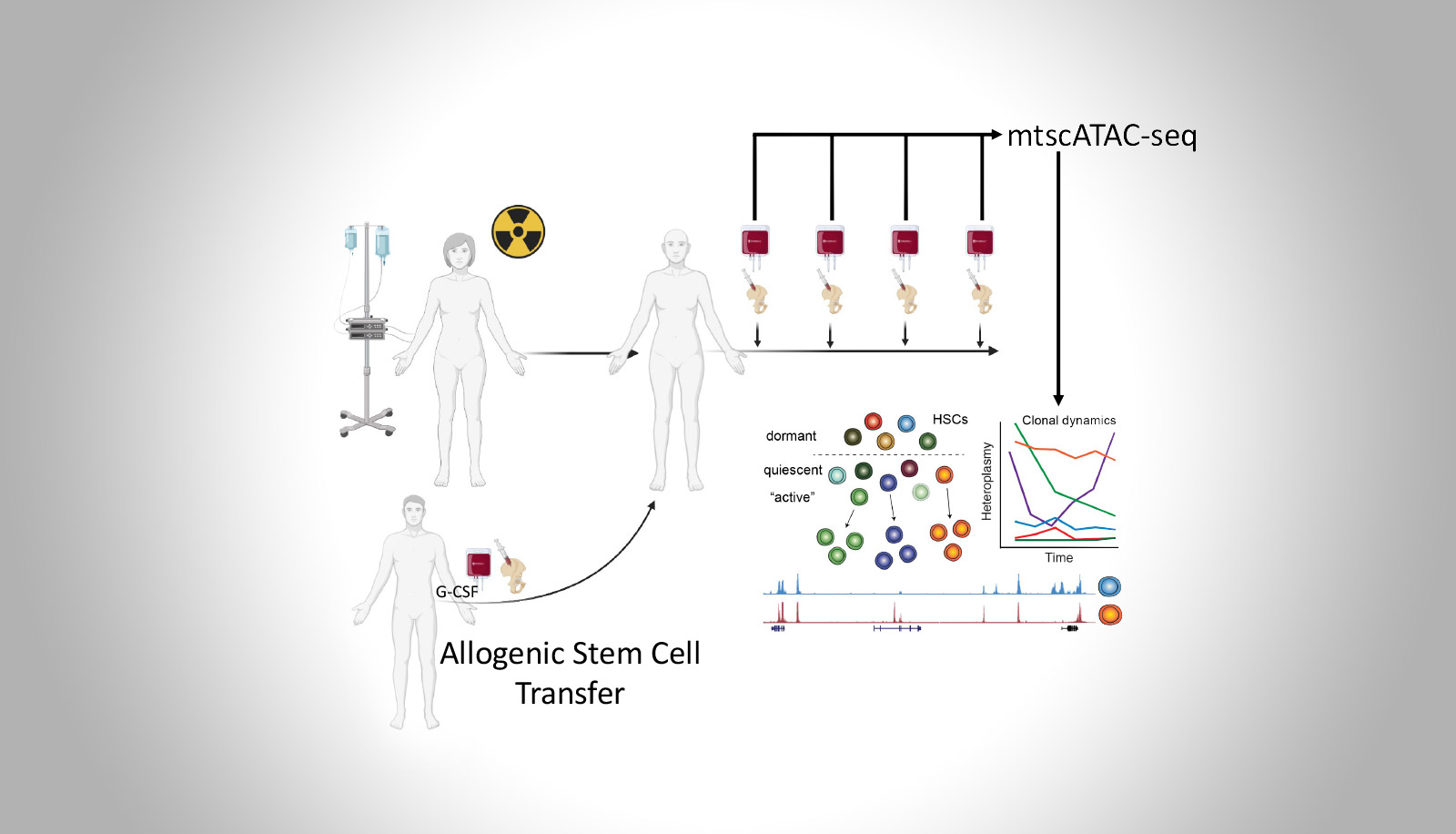Networking and interdisciplinary knowledge transfer
Associated YR ProjectsAssociated Young Researchers Projects
Networking and interdisciplinary knowledge transfer are essential to encourage research cooperations. Besides the promotion of junior scientists within the context of their doctorate or a research project, the Hector Fellow Academy offers the opportunity to become part of the Hector Fellow Academy to doctoral students and PostDocs in the working groups of the Hector Fellows. Being part of the Associated Young Researcher Program, they can participate in numerous continuing education courses as well as at networking events, symposia or conferences. In order to be accepted as an Associated Young Researcher, they require the consent of the mentoring Hector Fellow.
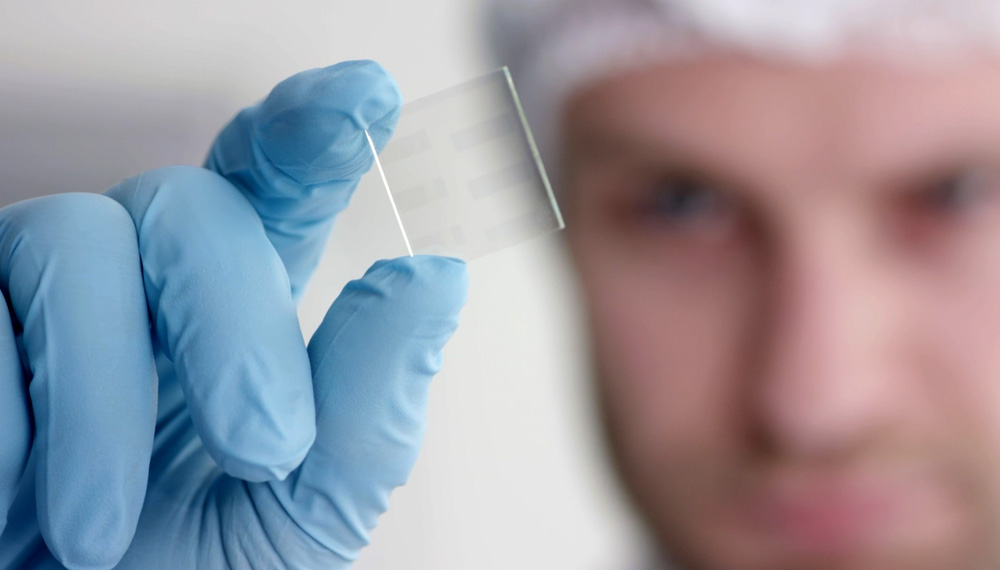
Current projects
The following Associated Young Researchers projects are supported
Access to pi-enhanced carbazoles and their application
Henrik Habeck — Hector Fellow A. Stephen K. Hashmi
π‑Extended carbazoles exhibit intriguing electronic and optical properties that make them attractive for diverse applications such as OLEDs, OFETs, and solar cells. In this project, new methods for the synthesis of these N‑heterocycles will be explored and their application as organic materials will be intensively investigated.
Dynamic Vision in Natural Low Light Environments From Single Photons to Behaviour
Andrea Gonsek – Hector Fellow Awardee Anna Stöckl
Insects face a wide range of light intensities, which gradually change throughout the daily cycle, and suddenly change between celestial conditions or habitat types. To understand how insects extract relevant information from such dynamic visual scenes, it is necessary to study both sensory processing and behaviour, which influence each other reciprocally. To disentangle this closed-loop, I am studying three key-stages: (i) adaptive behaviour, (ii) natural inputs, and (iii) sensory processing.
Mechanisms of superinfection exclusion in archaea
Emine Rabia Sensevdi
Viruses are much more than parasites with a negative impact on the host. They can infect all domains of life and have different types of relationships with their host: From a parasitic to even beneficial relationship. One potentially beneficial relationship in favor of their host cell is the ability of some viruses to prevent superinfection by other viruses, which is known as superinfection exclusion (SIE). However, our understanding of this mechanism is rather scare. This project aims to decipher the molecular mechanism underlying SIE in haloarchaeal viruses using molecular and virological techniques.
DNA origami for synthetic immunology
Mai Tran
Monomeric or particle-based multimeric subunit vaccines are widely used to induce humoral immune responses that protect from disease. However, how antigen valency and spacing affects B cell activation and antibody production is not well understood. Using a malaria vaccine antigen as model, the project combines DNA-origami-based experimental work with mathematical modeling to define how the biophysical parameters of antigen presentation and antibody affinity affect B cell activation.
Circumgalactic medium and the cosmic web
Chris Byrohl — Hector RCD Awardee Dylan Nelson
A cosmic web of galaxies and diffuse gas permeates our Universe. This cosmic web glows through faint, but measurable, Lyman-alpha emission of its neutral hydrogen. This project aims to characterize said cosmic web in cosmological simulations of galaxy formation. Connecting to upcoming observational data sets, new pathways for our understanding of galaxy and structure formation emerge.
Inferences of clonal dynamics in human hematopoiesis
Lena Nitsch – Hector RCD Awardee Leif Ludwig
The formation of cells in our blood is sustained throughout our lifetime by hematopoietic stem cells. An understanding of the output and activity of individual stem cells, however, is only emerging. In my project, I will investigate clonal reconstitution dynamics and evaluate hematopoietic regeneration utilizing somatic mutations in the mitochondrial genome as natural barcodes in matching bone marrow and peripheral blood samples from patients undergoing allogenic stem cell transplantation.
Chiral organoboron PAHs for application in organic electronics
Felix Full – Hector RCD Awardee Agnieszka Nowak-Krol
Boron-containing polyaromatic hydrocarbons (PAHs) draw increasing interest due to their appealing optical and electronic features. They are promising candidates for applications in organic electronics, e.g. OLEDs, transistors and organic solar cells. This project is focused on the synthesis of new chiral organoboron PAHs and the investigation of the impact of their chiral geometry on the operation of such devices.
From mitochondrial genotypes to phenotypes with single-cell multi-omics
Pauline Kautz – Hector RCD Awardee Leif Ludwig
Somatic mitochondrial DNA (mtDNA) mutations are associated with a wide range of human disorders, yet it has been difficult to reliably establish mitochondrial genotype-phenotype associations. Therefore, we aim to integrate metabolic profiling readouts with single-cell multi-omics sequencing techniques to characterise the consequences of pathogenic mtDNA mutations and increased mitochondrial mutational burden at the cellular and genomic level.
Alumni projects
Find here an overview of the already completed projects.


